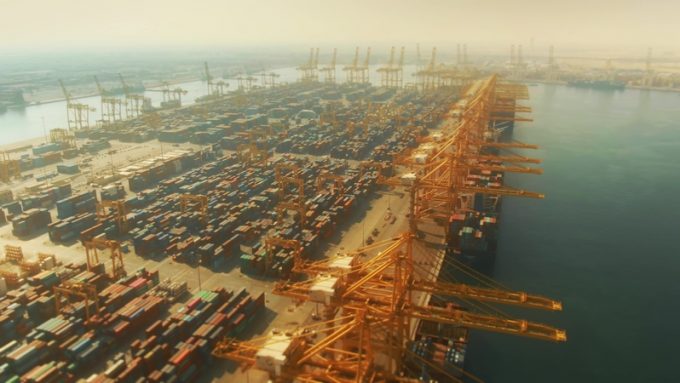Resumption of Suez transits in doubt after return of Red Sea hostilities
Hope for a resumption of Suez Canal transits by container lines were dented over the ...

MSC has become the first major ocean carrier to fall foul of the IMO’s ban on carrying non-compliant fuel.
The 9,784 teu post-panamax MSC Joanna has been prohibited from operating in UAE waters for one year and its master banned indefinitely and facing legal action from the country’s Federal Transport Authority (FTA) after allegedly failing to comply with an order to debunker 700 tons of heavy fuel oil (HFO) before entering the Dubai port of Jebel Ali.
Following the IMO’s 2020 0.5% ...
Volcanic disruption at Anchorage could hit transpacific airfreight operations
Shippers snap up airfreight capacity to US ahead of tariff deadline
Forwarders stay cool as US 'liberation day' tariffs threaten 'global trade war'
New price hikes may slow ocean spot rate slide – but for how long?
Tighter EU import requirements proving 'a challenge' for forwarders
Supply chain delays expected after earthquake hits Myanmar
Looming Trump tariffs will create 'a bureaucratic monster' for Customs

Comment on this article